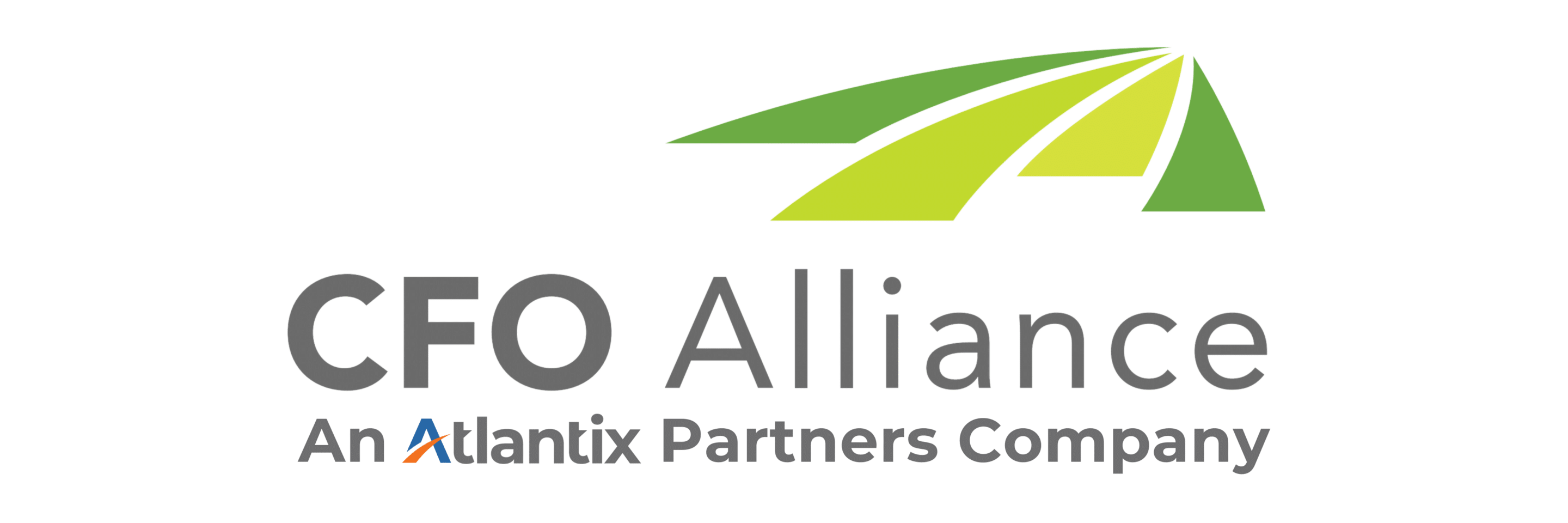What the 5 Principles of Financial Literacy
Mean for Founders
If ever I believe my work is done, then I’ll start back at one
Starting and running a business takes an incredible amount of versatility. Founders often find themselves elbow-deep in finance, marketing, HR, and sales – and that’s just before the second cup of coffee on Monday morning.
Rules of Finance
It takes exceptional commitment and a healthy measure of grit to balance all the needs of a growing business, and most founders make enormous sacrifices to get it all done. At some point, however, you begin to realize that there’s a big difference between just getting by and truly excelling.
In the finance world, getting by may look like:
Feeling stressed about finance most of the time, but somehow pulling it together each month
- Spending lots of time and effort in QuickBooks as opposed to implementing automated, streamlined finance tools
- Feeling unsure where your gaps are and what should be in place as you prepare to scale
- Constantly worrying about cash
- Wondering what the heck investors want to know about your finances
If that’s where you are, no judgment. Most founders have been there. But it’s also important to understand that there’s a better approach, and it starts with financial literacy.
Getting Back to Basics: Principles of Financial Literacy
Financial literacy is the ability to understand the basics of business finance, including terms and concepts, best practices, and financial statements. A good grasp of financial literacy principles helps you make better decisions about your business because you understand what the numbers mean.
In honor of financial literacy month, let’s get back to the basics with five key principles that should inform your financial decisions.
Principle 1: Earn
In the finance world, we talk about earning in terms of EBITDA: earnings before interest, taxes, depreciation, and amortization. It’s a basic measure of financial health and profitability because it shows how companies compare to each other based on operational earnings (not capital investments).
If you are talking with investors, they will want to know your EBITDA to determine valuation and assess your profitability. For example, your EBITDA multiple is calculated by using the ratio of EBITDA to enterprise value (EV). Investors can use these numbers to identify low profitability or potential cash flow problems.

Principle 2: Spend
As they say, you have to spend money to make money. But are you spending your money in the right places? Do you have a 13-week cash flow strategy in place, and can you access the data you need to develop useful forecasts? These questions are crucial because cash flow is king and staying disciplined with cash is the only reliable path to success for growth companies.
Take talent, for example. In our post-pandemic economy, talent is a critical budget item for most companies. Unfortunately, it’s easy to spend a lot of cash on recruiting, selecting, hiring, and onboarding talent, only to discover that your new employee isn’t a good fit. Developing an agile talent strategy increases your odds of spending on the kind of talent that will move your business forward. For example, you may need a mix of full-time employees, gig workers, and external outsourcing providers to get the most return on your talent investment.
Principle 3: Save & Invest
This is often more intuitive in our personal finances than it is in our businesses. The truth, however, is that you can’t scale your business unless you have the right balance between saving and investing. The most successful entrepreneurs we know treat their business as their most important investment.
The rule of thumb for savings is that you should keep a reserve of three to six months’ worth of operating expenses on hand. Beyond that, you should invest in key areas that will help you scale. For example:
- Talent –Hiring skilled, motivated people will improve almost every aspect of your business, from sales to production to team morale.
- External Resources – It’s not always possible or desirable to fill every business role with a direct hire. Outsourcing providers can address your non-core competencies with skilled, efficient solutions.
- Technology – Standardized, automated technology eliminates errors, improves efficiency, and gives you clear data insights so you can make better decisions for your business.
- Marketing – You can’t sell to people who don’t know you exist. Effective marketing puts your business in front of the right eyes, ensuring that your message is seen by the people who need what you have to offer.
Principle 4: Borrow
While overborrowing is a potentially fatal mistake for businesses, under-borrowing can be just as risky. It may prevent you from scaling, cause missed opportunities, and put you behind your competitors. Learning how to right-size your borrowing will empower you to take your business to the next level by seizing available opportunities when they arise. A reasonable line of credit, for example, provides access to working capital so you can open a new location or expand into a new market.

Principle 5: Protect
Protecting the financial health of your business starts with considering how all of the principles above relate to and influence each other. You can’t think about profit without considering expenditures, and you can’t focus only on investing without considering the implications for your cash flow. In addition, you’ll need to consider protective measures such as risk management, insurance, regulatory compliance, and legal protections.
Build a Stress-Free Finance Function
What do all of these principles have in common? They all affect cash. Successful founders are laser-focused on cash all the time. They take steps to earn, spend, save, invest, borrow, and protect their cash in the right ways at the right time.
Sometimes, though, it all gets overwhelming. If you’re feeling frustrated and unsure how to take the next step, we can help!
At CFO Alliance, we tackle finance challenges for founders every day. We show you how to build a right-sized, scalable finance function that positions you for success and growth. Contact us to take your next step!
Want to Improve Your Finance IQ?
Wondering how your business measures up? Download our Founders Financial Playbook and take the Financial Readiness quiz!

Related Post
How Diversification Helps You Stay Ahead of Risk in Any Economy
How Diversification Helps You Stay Ahead of Risk in Any EconomyIt’s no secret that diversification is a key risk...
Automation, Innovation, and Transformation: Keeping Pace with Technology in the Digital Age
Automation, Innovation, & Transformation: Keeping Pace with Technology in the Digital AgeEver feel like technology...
Spring 2023 M&A Outlook: Is It the Right Time to Sell?
Spring 2023 M&A Outlook: Is It the Right Time to Sell?Are you thinking about selling your business to private...



